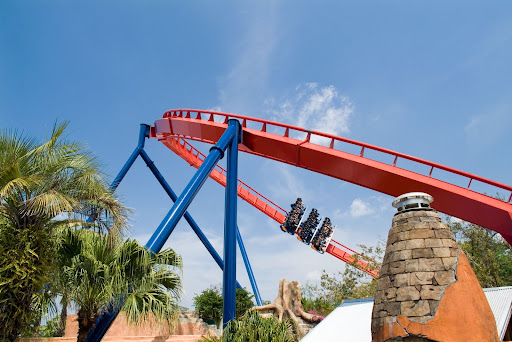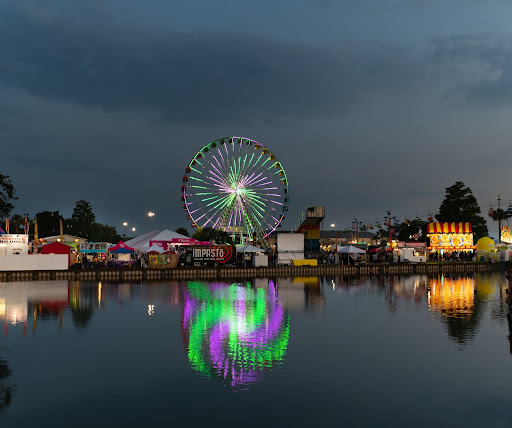In Florida, year-round nice weather means year-round fun at amusement parks and carnivals. One of the biggest concerns for many people is safety in amusement park rides, especially after recent news stories about fatal accidents.
When the unthinkable happens and you or a loved one are injured in an amusement park or carnival ride accident, your Florida premises liability lawyer is by your side, helping you seek justice.
Florida designates two types of parks
Although many people consider all theme parks the same, there is a distinction between a traveling carnival and a stationary park like Disney World. Amusement park safety regulations for theme parks differ from those applicable to traveling carnivals.
Fixed-ride amusement park
Fixed theme park rides are those which are not moved and are considered a permanent, lasting part of a theme park’s premises. Fixed park rides get semi-annual inspections according to Permanent Facility Amusement Rides standards.
Traveling amusement parks and carnivals
This type of park includes rides that move from one location to another, whether the ride is assembled each time or not. Rides in traveling fairs are subject to inspection per Florida Temporary Amusement Rides guidelines and must be permitted every time they’re moved to a new location or set up.
Government oversight
Upholding park safety regulations is largely the responsibility of the individual state.
Limited oversight in fixed parks
Fixed theme parks are subject to federal laws and oversight as well as state regulations for amusement park safety. Parks must be inspected annually and are required to carry a minimum of $1 million in liability insurance. The Florida Department of Agriculture and Consumer Services (FDACS) regulates theme parks and conducts regular inspections.
The only exceptions to these statutes are for fixed theme parks that have more than 1,000 employees and their own full-time inspectors. For example, Universal Studios and Walt Disney World are not inspected as other parks or traveling fairs are.
More oversight in traveling parks
Traveling carnivals must be inspected once a year, but enforcing this can be tricky as the attractions move around frequently. Traveling amusement parks operating in Florida are also required to carry a minimum of $1 million in liability insurance.
States generally control regulation
The federal government does not oversee theme and amusement park safety; instead, the responsibility for carnival safety protocols lies with state and local governments. In Florida, amusement park rides must be inspected annually by a professional engineer or another qualified inspector. This includes rides and attractions at facilities like:
- Go-Kart tracks
- Aquatic or water-related rides and parks
- Zipline courses
Each state has its own agency for inspecting theme parks and similar establishments.

Other issues
The largest issue for theme and carnival ride safety regulations is that most oversight and reporting are voluntary. No federal agency exists with the purview of regulating theme parks and holding safety violators accountable. Instead, amusement park safety is largely voluntary.
No incident reporting requirements
There is no set incident reporting requirement for amusement parks, although the U.S. Consumer Product Safety Commission has the authority to investigate any accidents at traveling or fixed parks.
In Florida, the FDACS has the full authority of the state to investigate accidents and issue fines to park owners and operators. The agency can also shut down park operations or the operation of specific rides and attractions to conduct more thorough investigations. Any ride or attraction the FDACS deems unsafe for the general public may be subject to permanent closure.
In some cases, the park can undergo remedial measures to bring the rides up to acceptable safety standards. The ride or park may have subsequent inspections, or the park owner and operator could be subject to other actions.
The State of Florida permits persons injured at a theme park or amusement park to file a civil suit for damages against the park owner and operator. If the injured party’s amusement park accident lawyer determines negligence on the part of the park owner or other entity or party involved with the amusement park rides, the injured party may receive compensatory damages.
Were you or a loved one hurt in an amusement park ride accident?
The skilled attorneys with Lytal, Reiter, Smith, Ivey & Fronrath protect the rights of accident victims, fighting on your behalf to seek the compensation you deserve. We take on any theme park or amusement park, holding negligent park owners accountable for cutting corners and compromising safety.
Contact us today at (561) 655-1990 for a complimentary case review.




